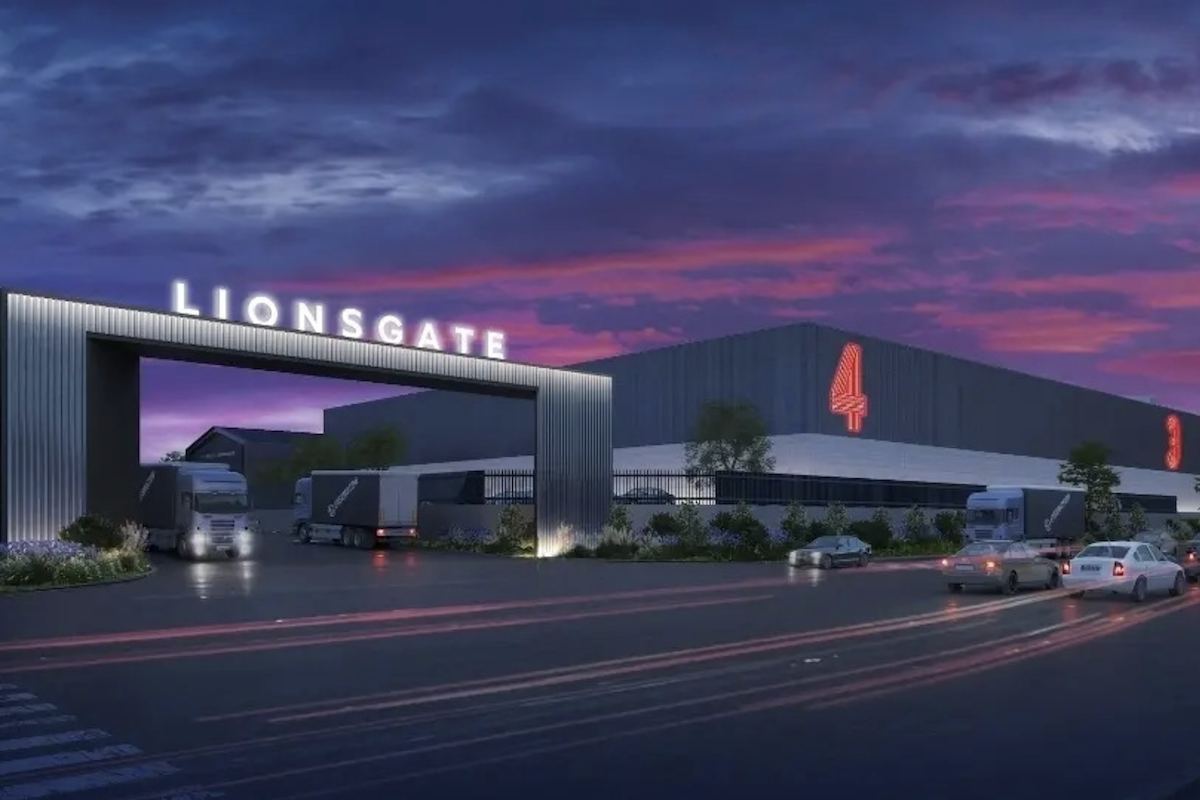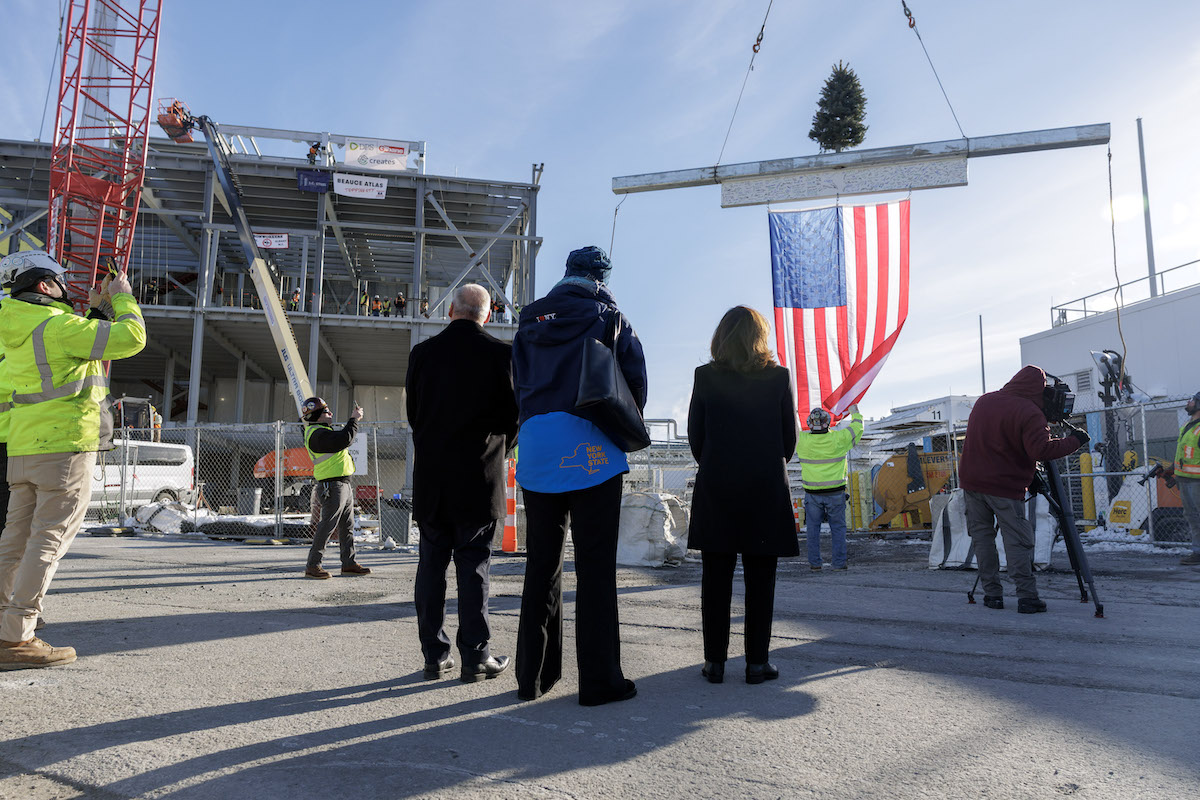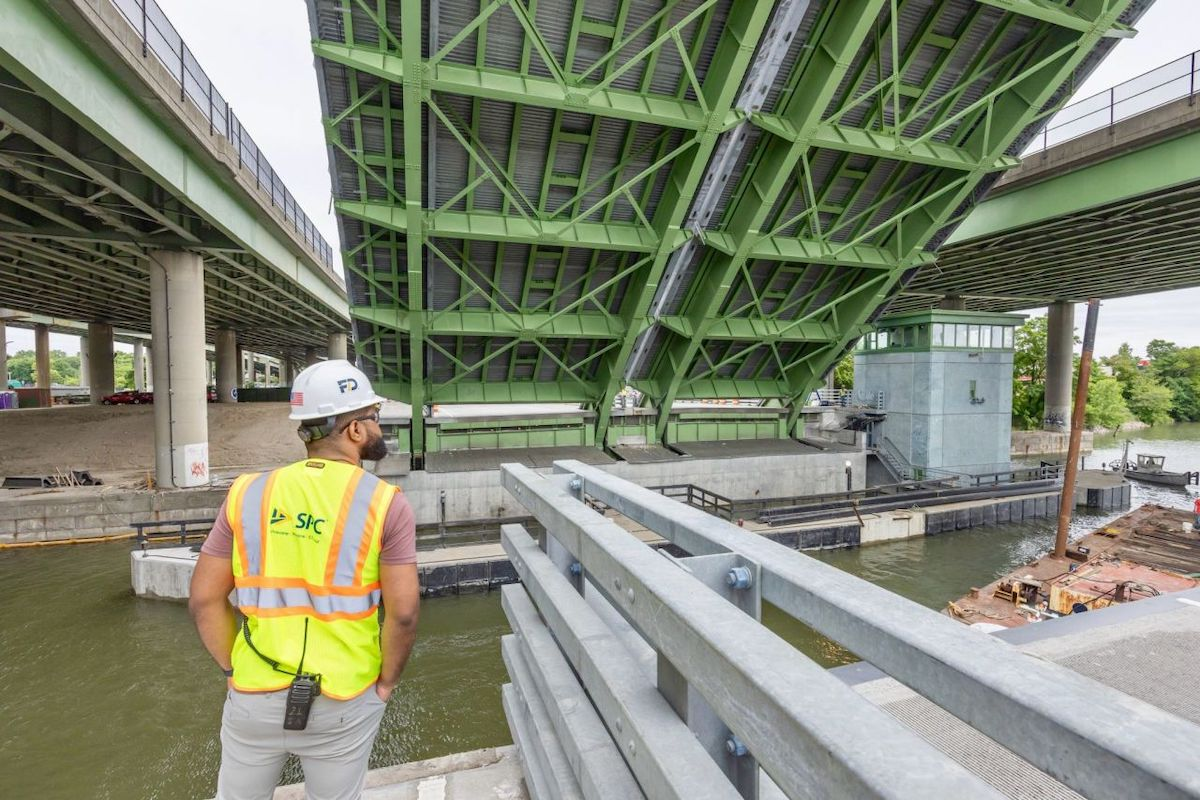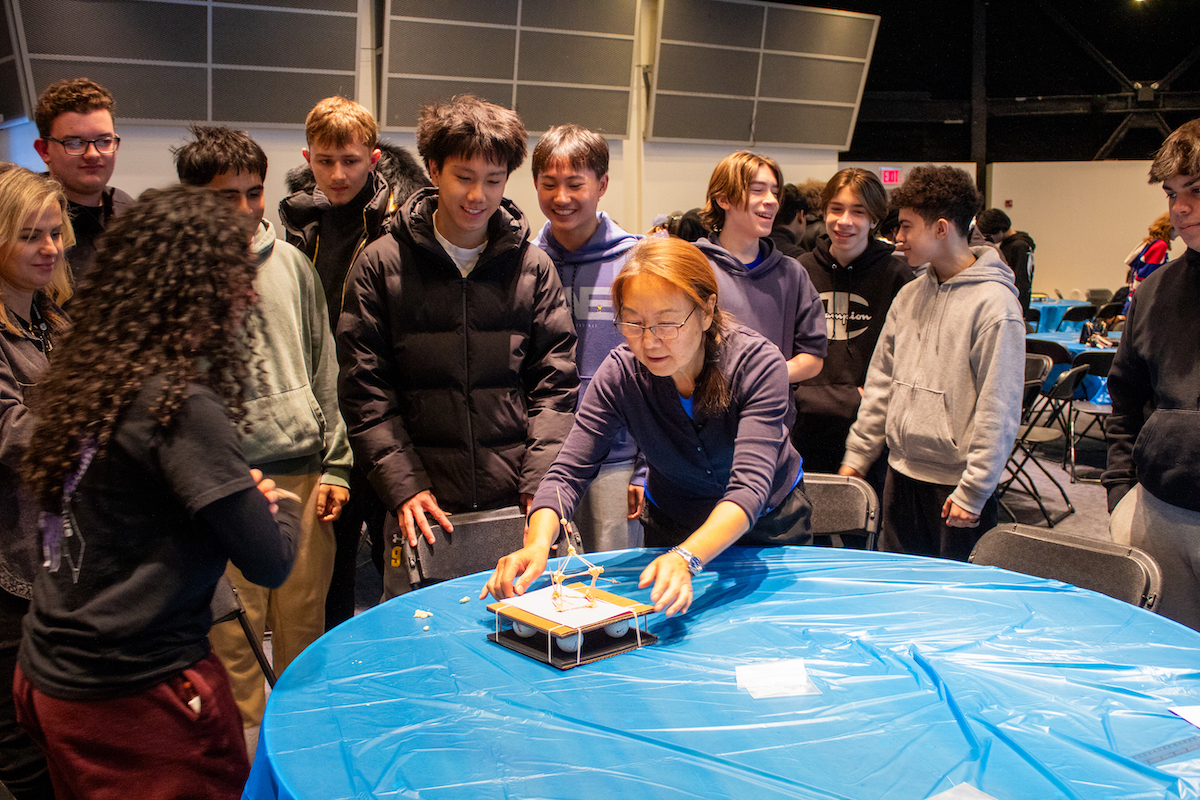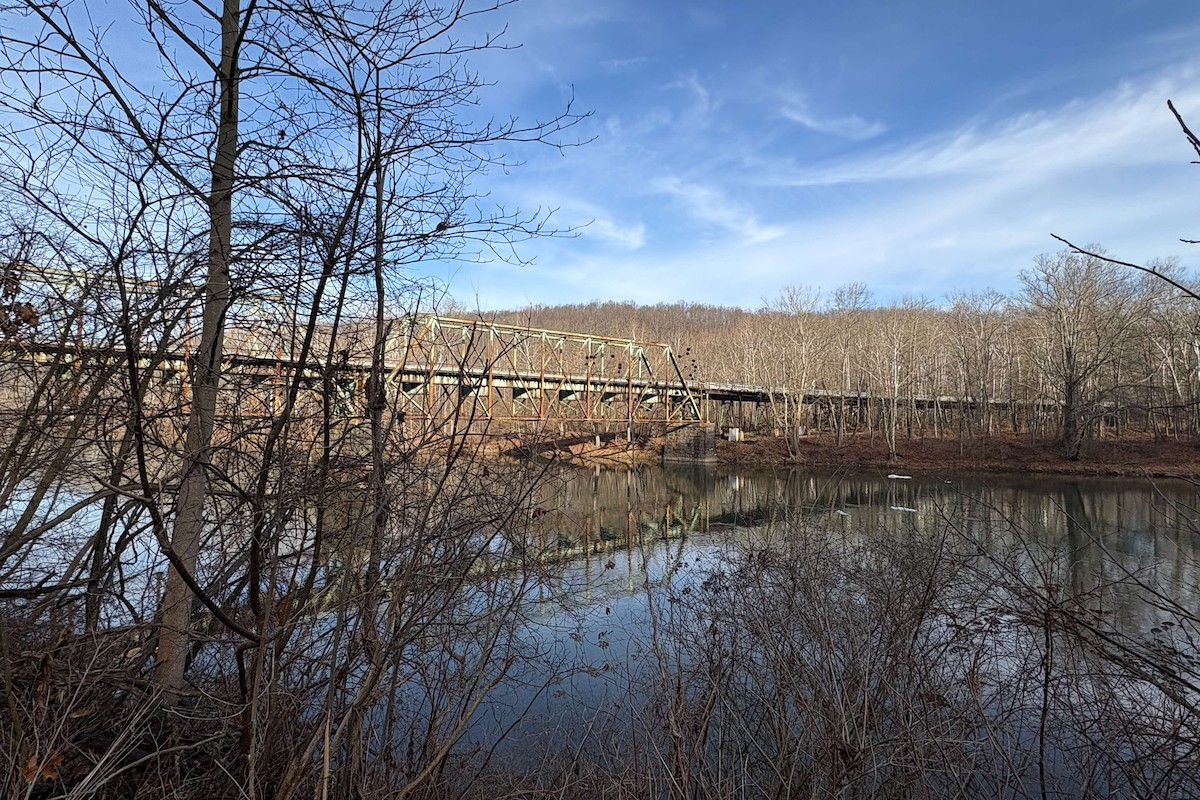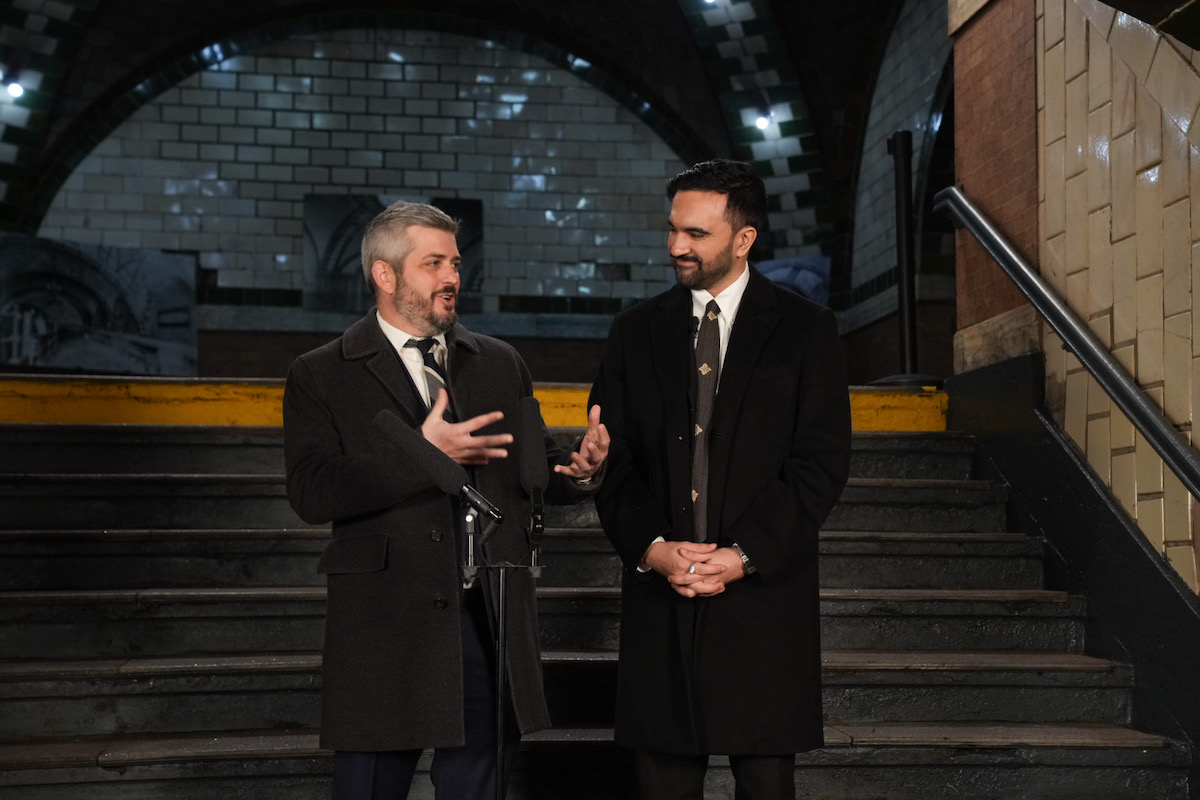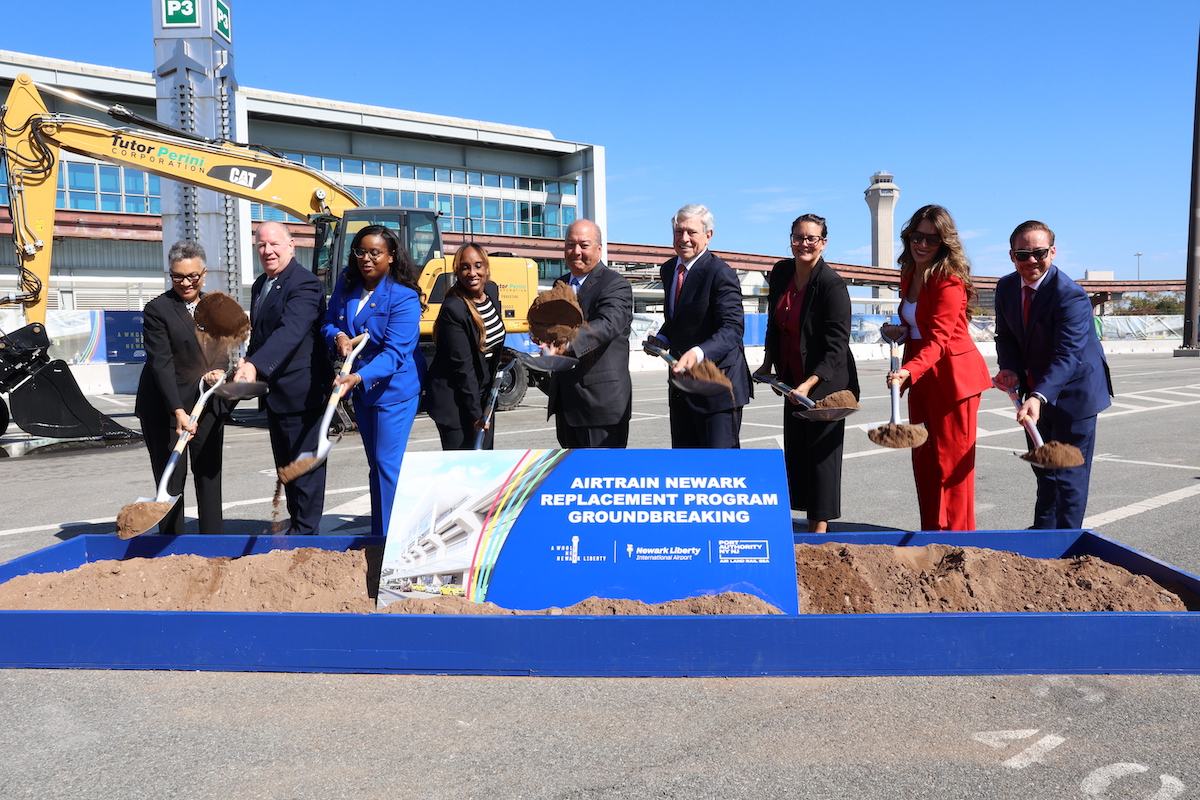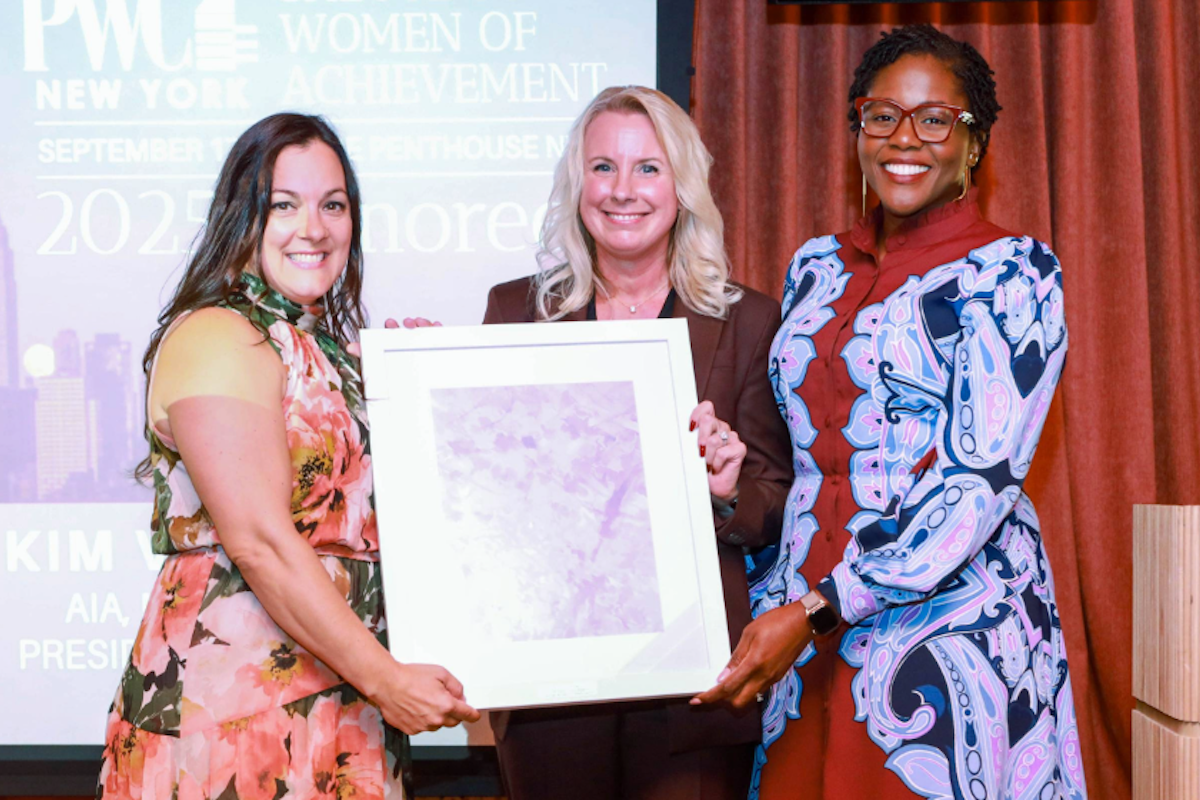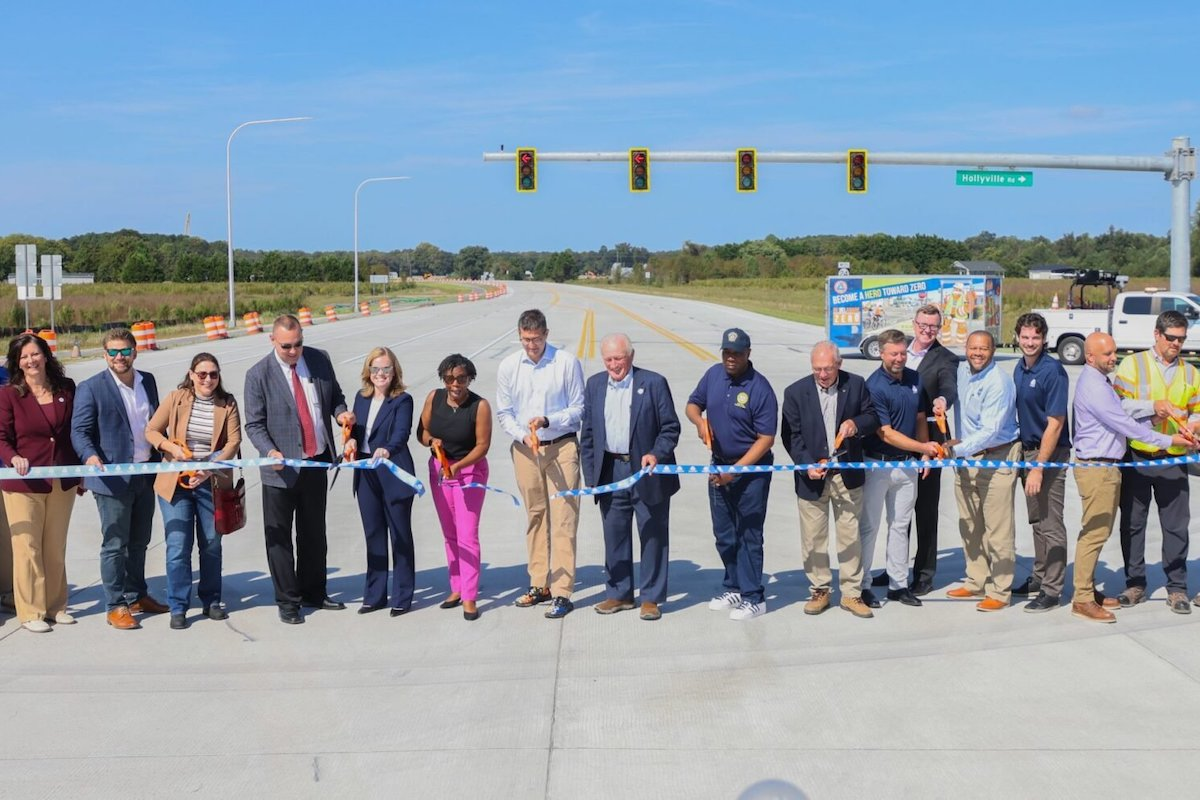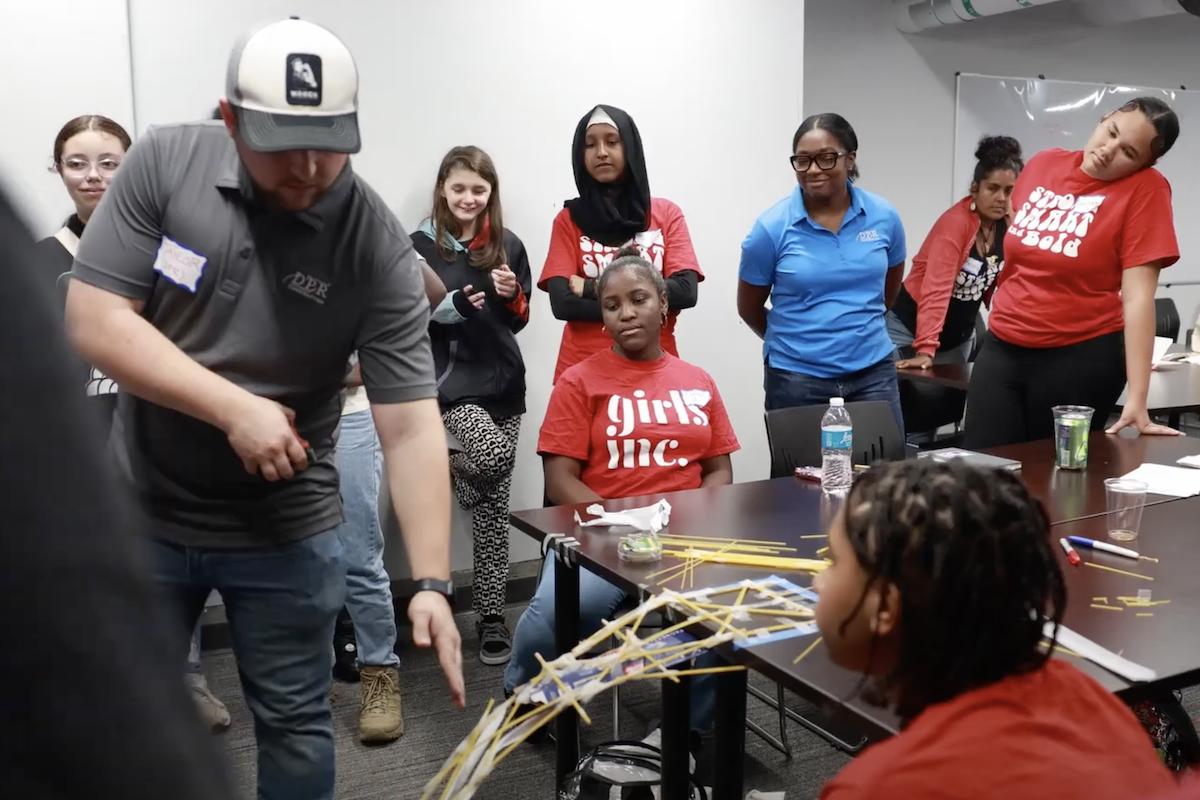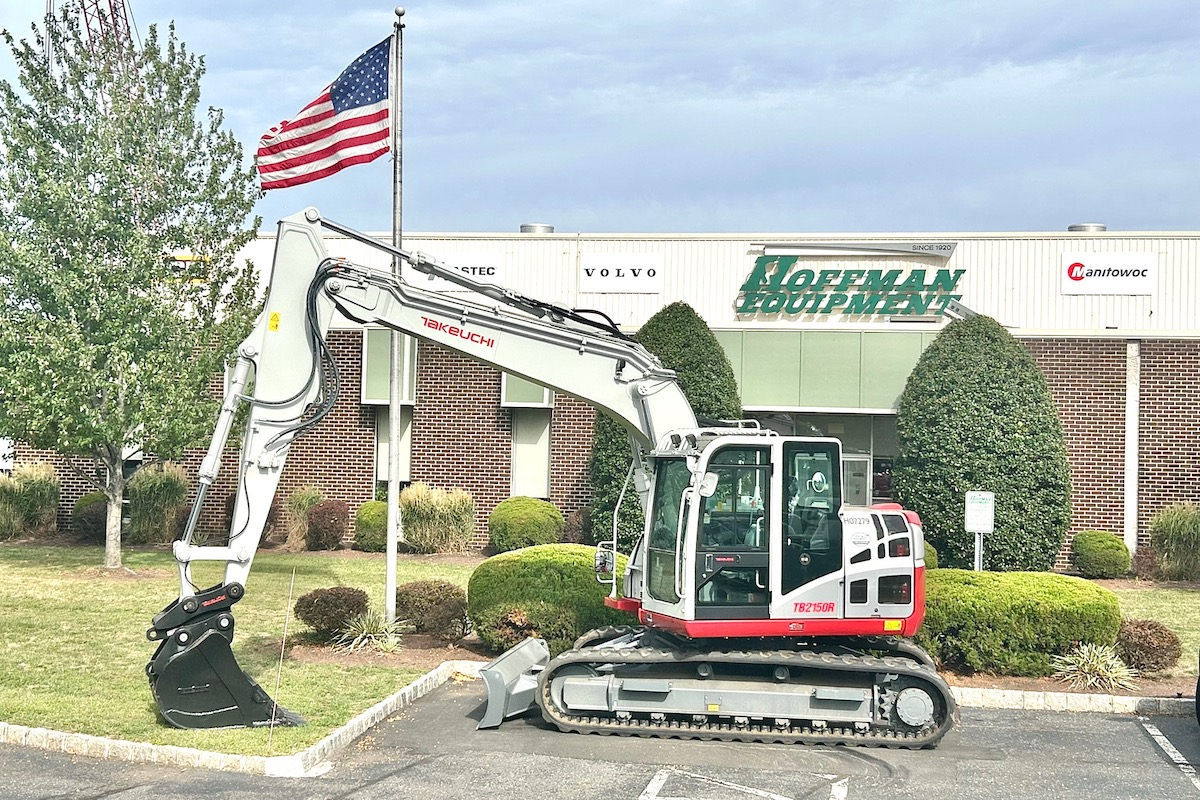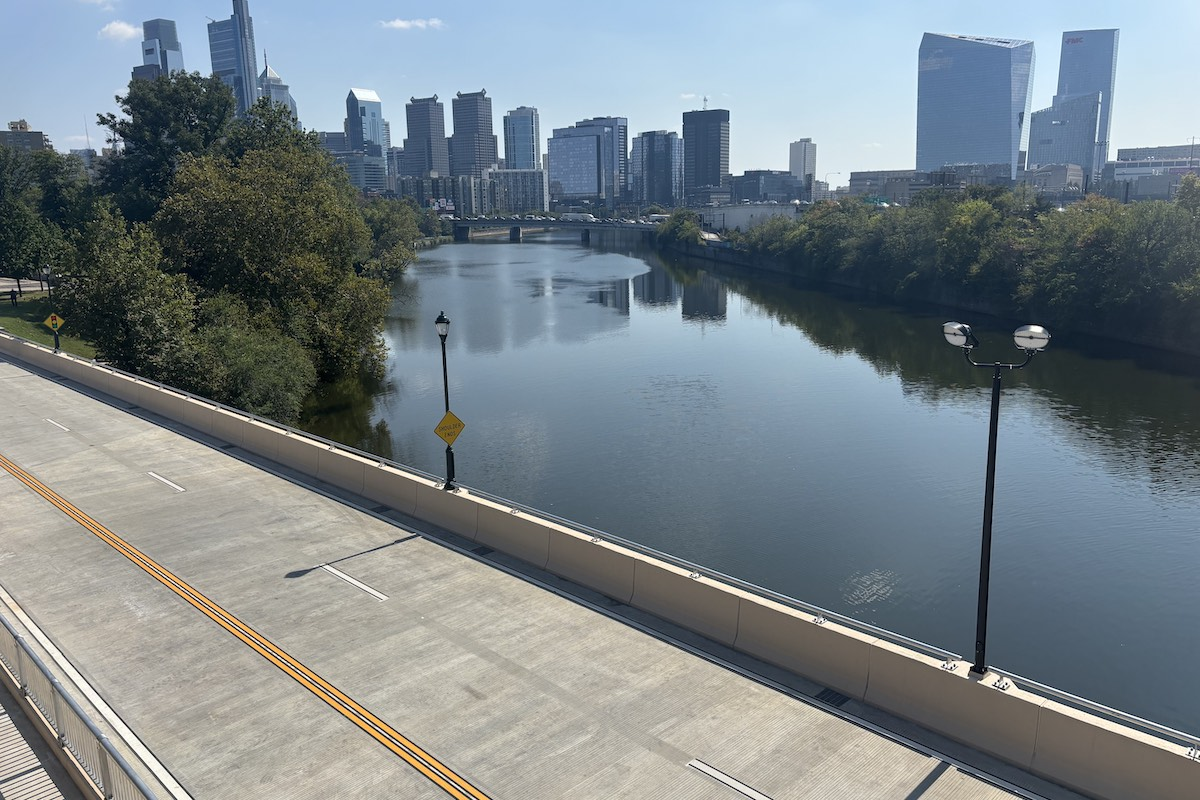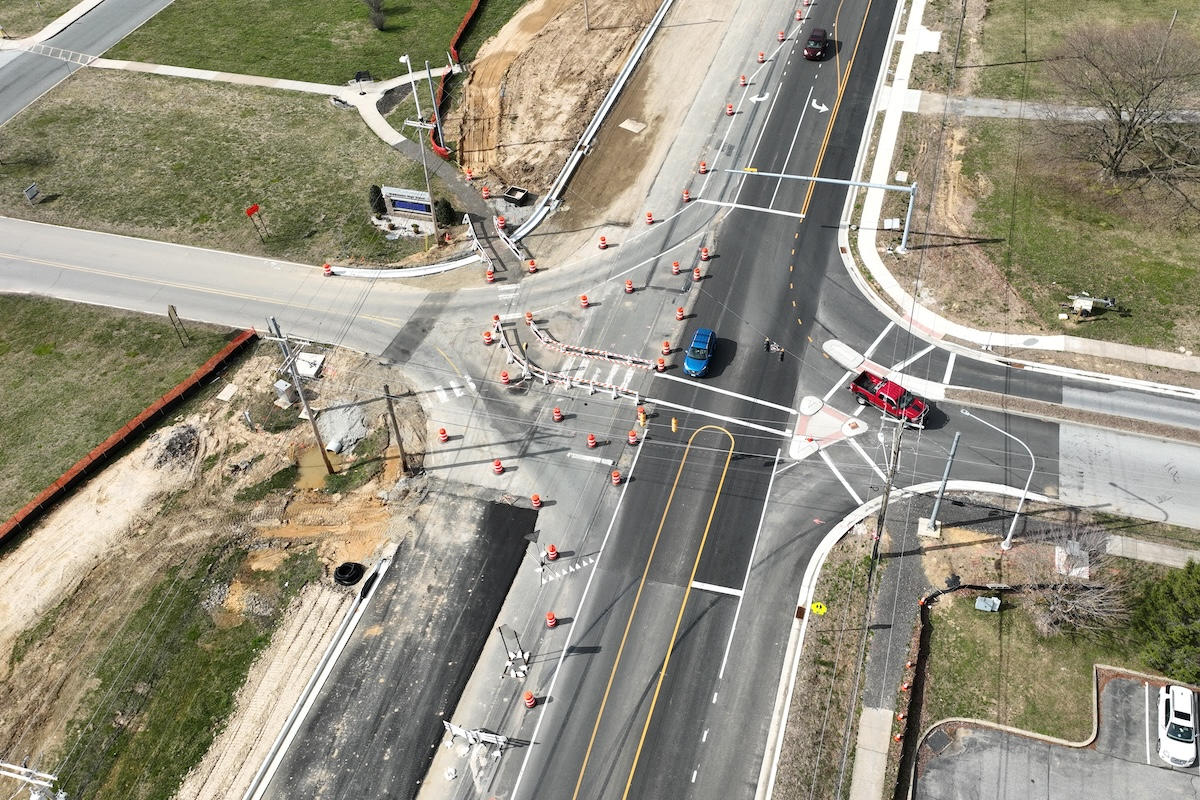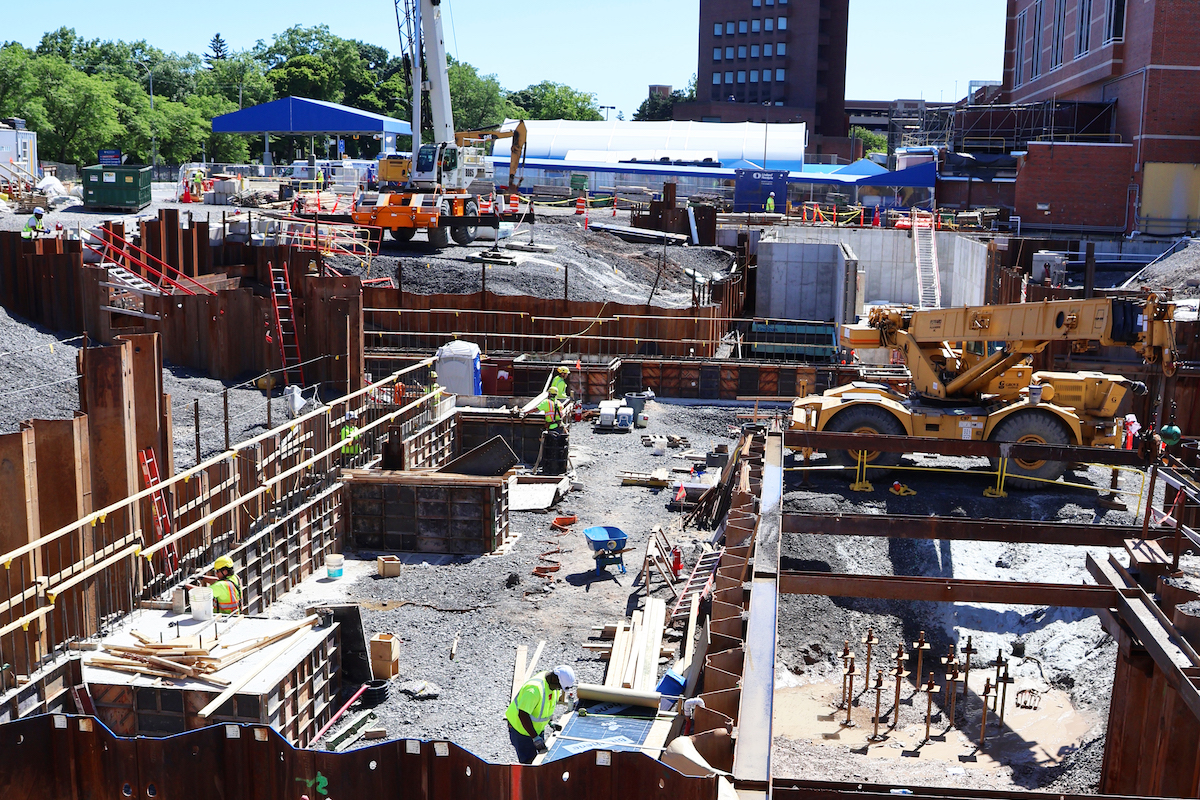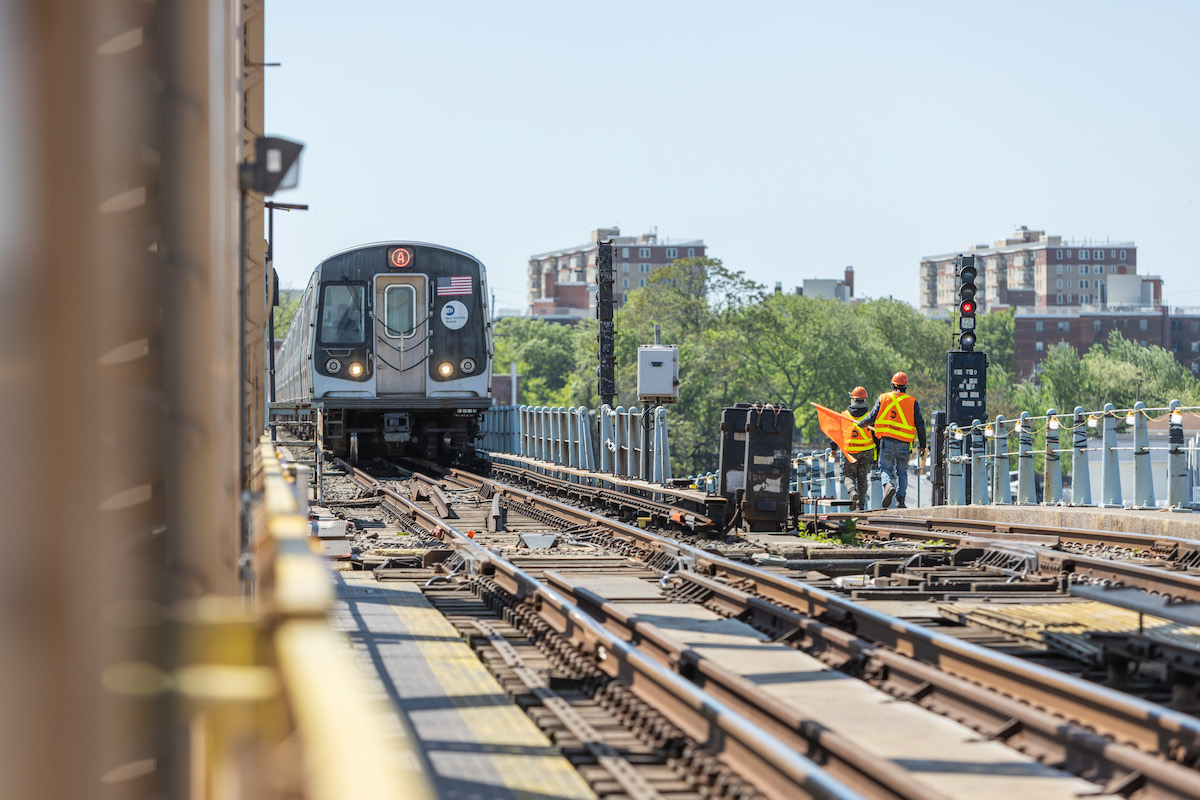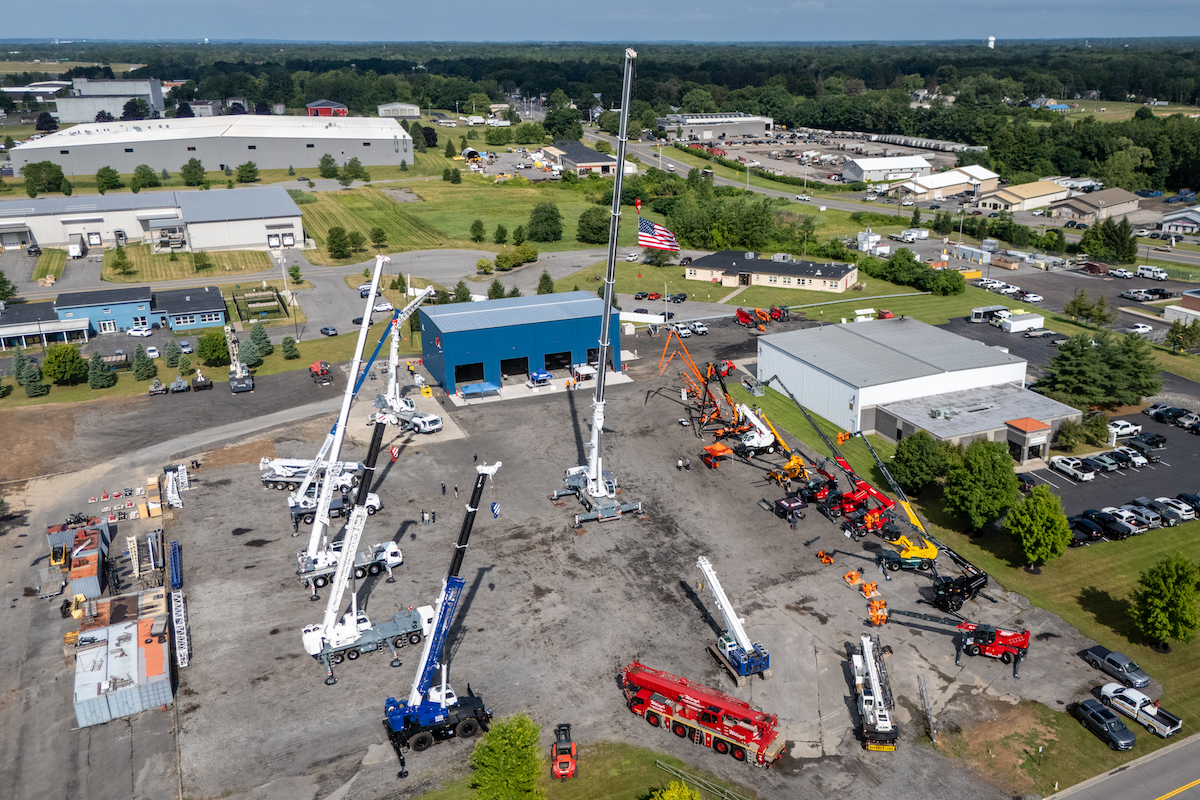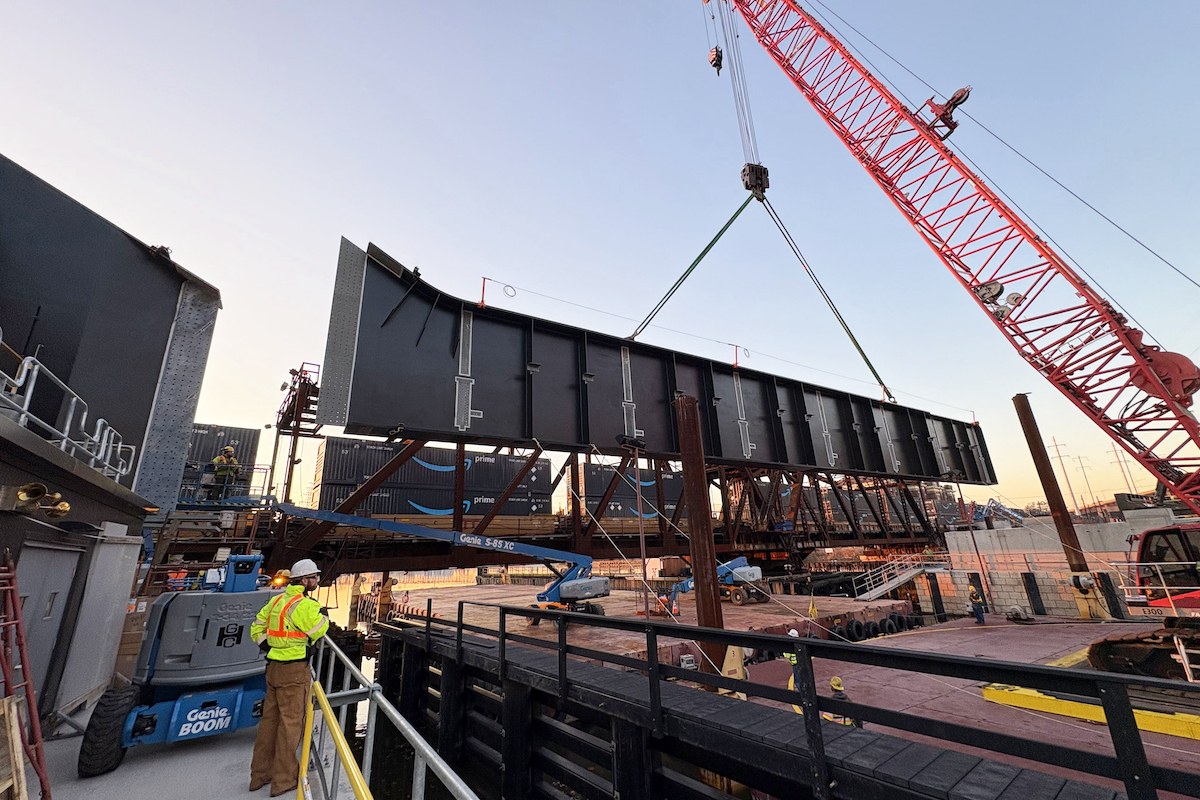“It will improve safety, and it also will be a faster route for the public and improve efficiency,” said Howard Cooley, a Professional Engineer with the department, designated as Project Manager for the new alignment project.
U.S. 95 is Idaho’s only continuous highway running north and south, connecting travelers and commerce across the state. About 7,000 vehicles drive this route daily, and 800 of those are commercial vehicles, mostly forestry and agriculture trucks. By 2039, ITD anticipates a daily traffic volume of 9,500. The road currently runs through the area’s rolling hills of Palouse and has had a concerning crash rate. Crashes resulting in both fatalities and injuries have occurred at county road intersections and on a passing lane situated on a steep grade. Some of the county road intersections sit on both horizontal and vertical curves.
“Sight distance is limited and over time, drivers have become more aggressive,” Cooley said.
Cooley traveled on the old, narrow road while commuting to the University of Idaho as a student and adjunct faculty. He monitored the progress and wondered when the state would complete the last six miles. Now he oversees the project that will make that happen.

| Your local Trimble Construction Division dealer |
|---|
| SITECH Allegheny |
| SITECH Northeast |
“I am proud that I get to work on it,” Cooley said. “[After graduation] I got a job at ITD, and now I have the unique opportunity to help build it.”
The first mile will remain in the existing alignment. ITD engineers are reconfiguring the design. The last five miles, heading into Moscow, passes through farmland and wheat fields. ITD conducted a thorough process in acquiring right of way.
The new alignment, less than a mile to the east of the current road, will feature flatter grades (none more than 5 percent); better sight lines; milder curves; fewer access points; a 34-foot-wide median; and a 30-foot-wide “clear zone” in case a vehicle leaves the road. The improved geometry will help reduce crashes and fatalities. Closest to Moscow, it will have 12-foot center turn lanes, curbs, gutters, and sidewalks. Standard roadway ditches on each side of the road will collect rain and snowmelt.
“It’s a brand new, virgin alignment, and this is the kind of project that does not happen much in the United States,” Cooley said.
This project will eliminate a steep grade on the current U.S. 95 and provide a passing lane. The new alignment from Lewiston to Moscow has been designated as an expressway. Expressways like this one in rural areas will have limited access to only agricultural farm approaches and essential county roads. The safety of the traveling public on the route is significantly increased when multiple access points on the expressway are restricted.
Only the old highway will intersect with the new alignment. Both of these intersections are designed with improved sight distance and acceleration lanes.
Multiple lawsuits during design and construction by environmental and local groups, related to the handling of wetlands on the property, have held up its completion. Crews could work on some parts of the road but not others as it was being resolved.
Funding for the project came in part from the state’s 2021 Leading Idaho initiative. The project also received $29 million in federal Infrastructure Investment and Jobs Act dollars. ITD designed the project in house.
Preliminary construction began in April 2022, with survey and tree removal.
“This is a big excavation job,” Cooley said. “The amount of material being moved on this project, and the size and scope of the machinery brought here for the power to move all of this, is amazing.”
By June 2022, crews were constructing rock embankments for the two new bridges over Eid Road, one northbound and one southbound, in the new alignment section. The 300-foot-long bridges have pile foundations and steel girders.
“They are unique bridges as they sit on a vertical curve, and they are on a horizontal curve,” Cooley said. “Each of the bridges is slightly different than the one sitting next to it.”
A lawsuit forced a partial shutdown in September 2022. Crews have been working in areas unspecified in the lawsuit. ITD worked in step with the U.S. Army Corps of Engineers, the governing authority on wetland permits, during a thorough review process to get the wetland issue resolved. After the lawsuit was resolved, all construction work was able to resume in July 2023.
“This job is unique in that it has a lot of rock, and you can move rock in the winter months as long as you do not have very low temperatures,” said Dusty Forsmann, Vice President of DeAtley. “This year has been reasonably warm.”
The rock found in the new alignment sits about 20 to 30 feet down, under soil and clay. That clay presented challenges, according to Cooley.
Moving that rock has required a considerable amount of blasting, with more than 1 million cubic yards of rock being excavated. The rock remains within the job site and is used when building the embankments for the bridges.
“We have had a lot of blasting,” Cooley said. “One of the major cuts is more than 110 feet deep.”
Crews worked from June to October 2023 moving the soil. Then blasting and hauling rock started in November 2023. The team placed excess dirt and rock in a neighboring field per an agreement with that landowner.
DeAtley used standard earthmoving equipment and a combination of large dozers and scrapers to move the soil, Forsmann said. That included two Caterpillar D10 Dozers and Caterpillar 16 Scrapers. DeAtley used multiple dozers, graders, and excavators as support equipment for the earthmoving, most of which were equipped with GPS. ITD also has cameras on the bridge, monitoring progress.
ITD has deployed drones for this project. They take photos and compare work completed to timeline progress. DeAtley has used drones to measure volumes.
Traffic control so far has been mostly limited to crossings of county roads. There will be traffic impacts when the new highway is tied into the existing roadways.
DeAtley anticipates finishing five of the six miles in the new alignment by the end of this year. “We have been able to accelerate some of the work and should be able to complete the realignment in the time given on the original schedule,” Forsmann said.
Crews will widen the first mile in the existing alignment to both sides of the current road. This section will also have wider shoulders. ITD anticipates the entire project will complete in 2025. Once the new road opens, ITD will provide funding to Latah County, operated by the North Latah Highway District, to upgrade drainage on the old alignment and hand over ownership to the county. This transfer to the county will provide ongoing access and maintenance for residents who live along the older route.
Cooley praised DeAtley’s teamwork and flexibility.
“We partnered well and got through without a lot of major disputes,” Cooley said. “The ongoing partnership will be important for delivering a project that will not only help keep travelers safe, but [also] meet the future transportation demand throughout the Palouse region.”




















